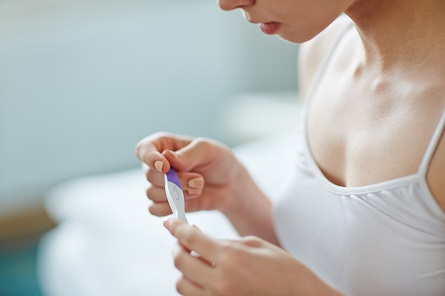
Infertility myths and facts
Around 1 in 7 heterosexual couples will have difficulty conceiving. Although often considered a woman’s ‘problem’, infertility affects men and women equally, with up to half of diagnosed cases caused by a male factor. In one-third of cases, it is not possible to identify a cause.
However, from a biological perspective, women can face more complex challenges than men when it comes to fertility. Whether trying to get pregnant, seeking help for a reproductive condition or simply trying to understand their fertility better, not having the right information at the right time limits and disempowers options for women.
While calls for better fertility education are raising questions about public awareness, the final section of our research aimed to identify and dispel common myths about fertility.
Key Data
Over a third of women (44.1%) believed that regular exercise had little to no effect on female fertility
Nearly 9 in 10 women (86.4%) considered stress to have the most damaging influence on fertility – followed by consumption of alcohol and tobacco (80.9%)
More than two thirds of women (70.6%) reported having little to no information about secondary infertility – despite being just as common as primary infertility
Over half (50.1%) felt they did not have enough information about egg freezing, while over a quarter (26.2%) do not know when is the best age to freeze eggs
What are the most common fertility misconceptions?

As the incidence of infertility rises worldwide, fertility education is becoming increasingly important. From stress to alcohol consumption, our survey examined some of the most common fertility misconceptions in the UK.
Read more
Related articles

IVI launches guide for patients with PCOS
More information
How does smoking tobacco damage fertility?
More information

